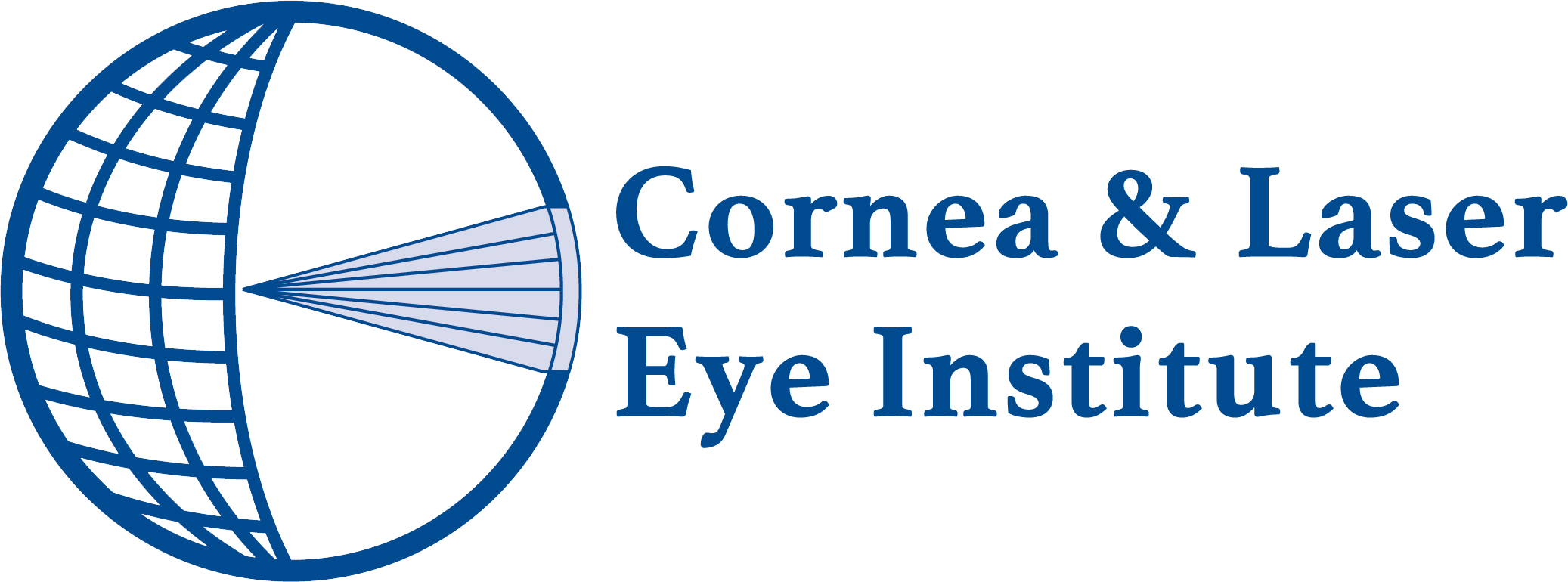
When performed by a skilled surgeon, LASIK eye surgery is a safe, effective, and long-lasting procedure. Here at the Cornea and Laser Eye Institute, our doctors have performed this surgery thousands of times with the highest success rates.
Still, it should be noted that a complete recovery takes time. For example, many patients will experience dry eyes after the procedure. The dryness experienced after LASIK is different from chronic dry eyes and is known as Surgical Temporary Ocular Discomfort Syndrome (STODS). STODS is generally short-lived, and is one of the most common LASIK side effects. It may include a painful, sandy feeling in the eye, the sensation there is a foreign body in the eye, or just an itchy, irritated sensation. Getting to know a few causes and treatments for “LASIK dry eyes” or STODS will help you experience a more comfortable recovery.
What Causes Dry Eyes After LASIK Surgery?
During LASIK, your doctor uses a laser to create a flap, which is then held back to expose the corneal bed for laser treatment. This part of the procedure can alter nerves, temporarily making your eyes less sensitive. As a result, they may not produce enough moisturizing tears during the healing process. A decreased sensitivity may cause you to blink less, which can also reduce your tear production. This decreased tear production is what leads to dry eyes. Once the nerves heal completely, dry eye symptoms usually disappear. This can take several weeks or months. In rare cases, dry eye symptoms can last even longer.
Risk Factors for Dry Eyes After LASIK Surgery
Some people are at greater risk of developing dry eyes after LASIK than others. Older patients, post-menopausal women, and patients with certain autoimmune diseases tend to experience this side effect more frequently. Certain allergy, blood pressure, or antidepressant medications can also put patients at a higher risk for developing dry eyes in general, which may increase dryness after LASIK as well. In addition, if you experienced dry eyes before the procedure, it may get worse after your LASIK procedure, usually temporarily.
Our surgeons do extensive dry eye testing before undergoing your LASIK procedure. If you fall into one of these categories, our surgeons will work with you to try to resolve existing dry eye issues before your surgery or to reduce the chances of developing dry eye after surgery. Talk to your doctor about the possibility of getting dry eyes and steps you can take before and after your surgery to restore tear production and reduce irritation.
In most cases though, dry eyes will resolve a few days or weeks after LASIK surgery. In the meantime, what can you do to manage that uncomfortable, itchy feeling?
Post-Op Tips for Managing Dry Eyes After LASIK Surgery
Fortunately, there are plenty of steps you can take to prevent dry eye or minimize dry eye symptoms after your procedure. These post-op pro tips are simple, yet highly effective.
1. Take Your Medications (Including Eye Drops)
Your doctor may prescribe topical or oral medications to help you manage pain and discomfort, and to aid in the healing process. Following your medication regimen faithfully will speed up your healing process and prevent complications. The best eye drops after LASIK are the ones your doctor recommends or prescribes, so use them faithfully.
2. Cut Down on Screen Time
When you look at your computer, phone, or TV screen, the amount of times you blink per minute goes down drastically. This can further irritate your healing eyes and increase the sensation of dryness. Minimize screen time to facilitate healing.
3. Talk to Your Doctor
If your dry eye symptoms are severe or ongoing, get in touch with your doctor. You may need to come in for a follow-up to rule out other potential problems.
Conclusion
STODS or post LASIK dry eyes is one of the most common side effects of LASIK surgery, but it’s generally mild and temporary. For most patients, the solution is as simple as treating your eyes with artificial tear drops, or prescribed dry eye specific eye drops. After your eyes heal completely, dry eyes generally resolve on their own.
The Cornea and Laser Eye Institute has a rich history in the LASIK field, including helping to develop and gain FDA approval for laser vision correction. Our clinic continues to stay at the forefront of innovation in the field, allowing us to offer superior care before, during, and after LASIK treatment and other eye procedures.
If you are interested in vision correcting LASIK surgery, and would like to discuss the benefits and risks associated with this procedure, schedule a free consultation today.





